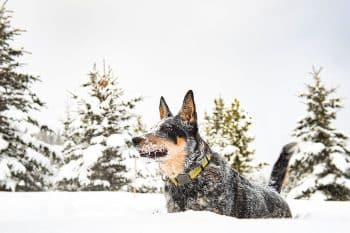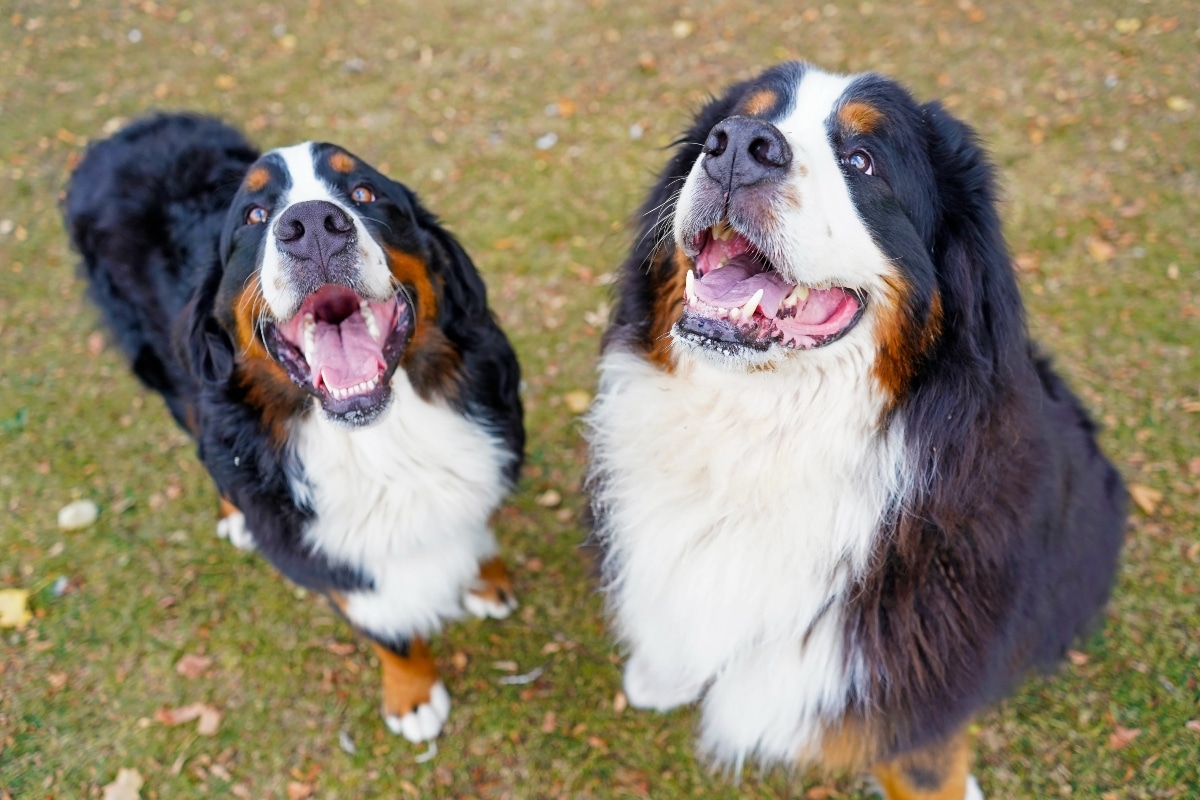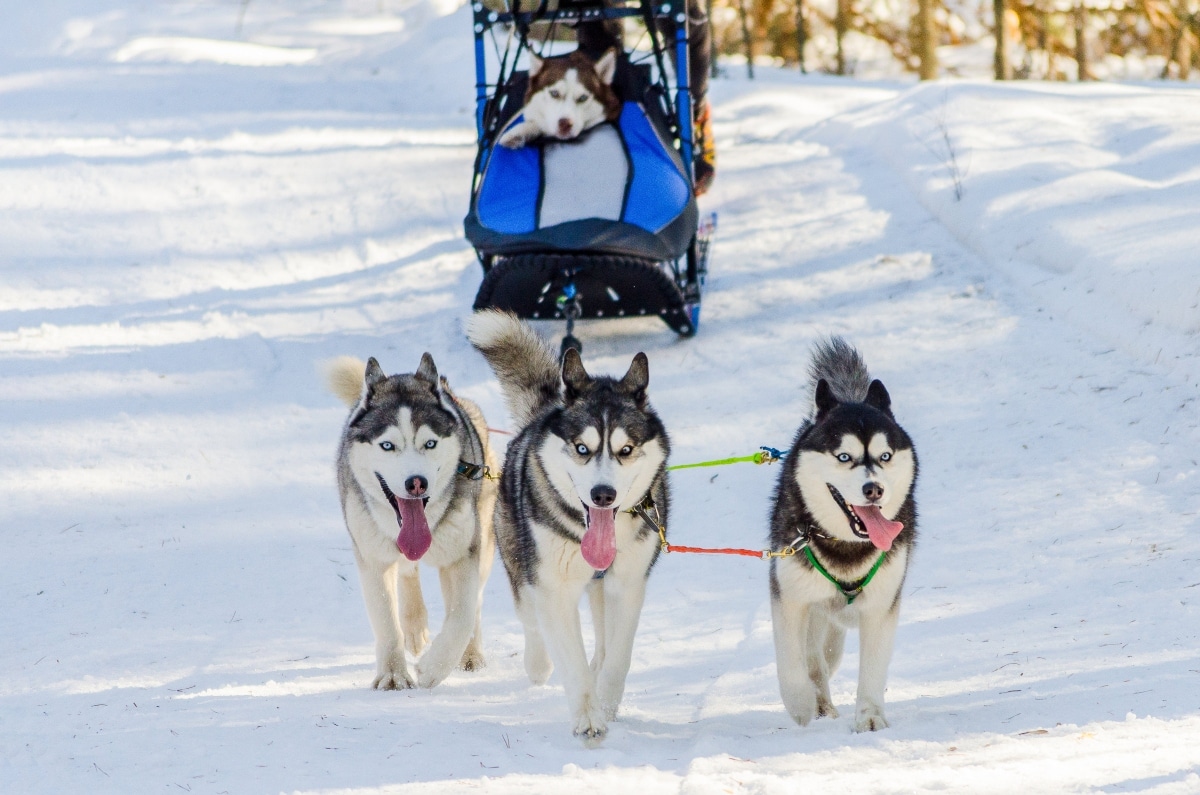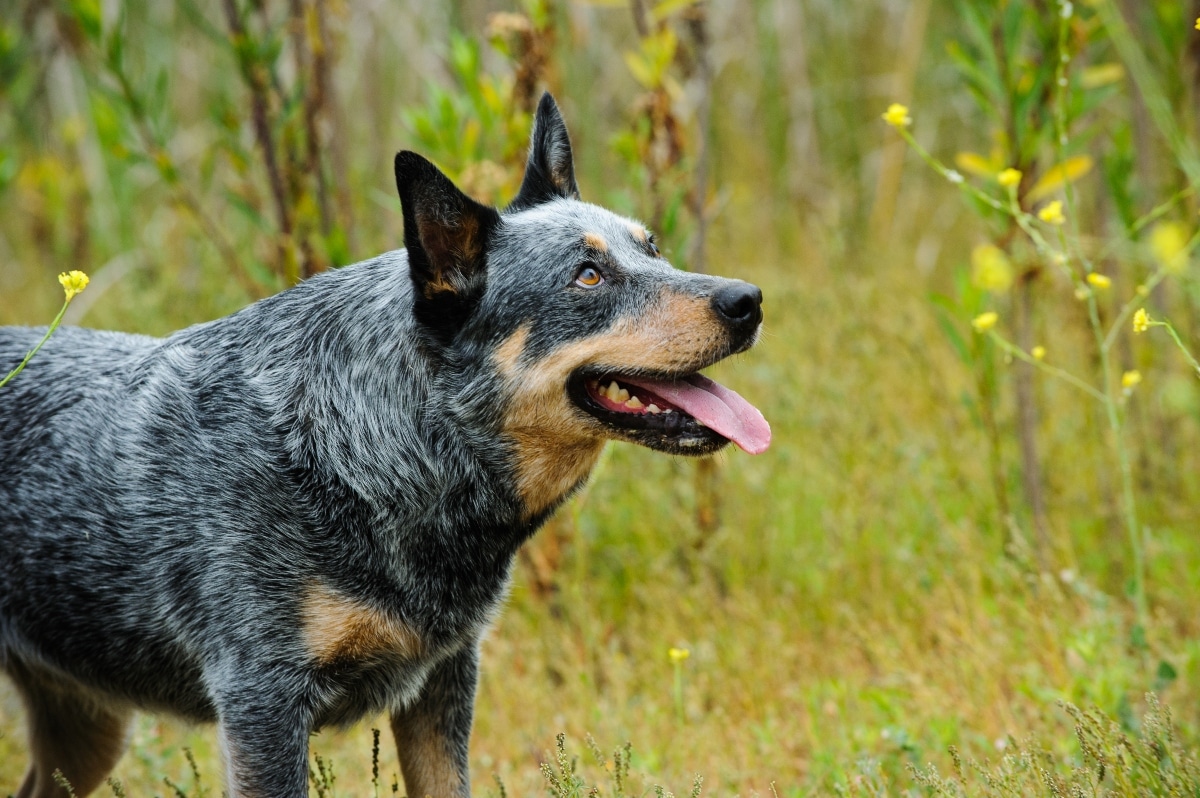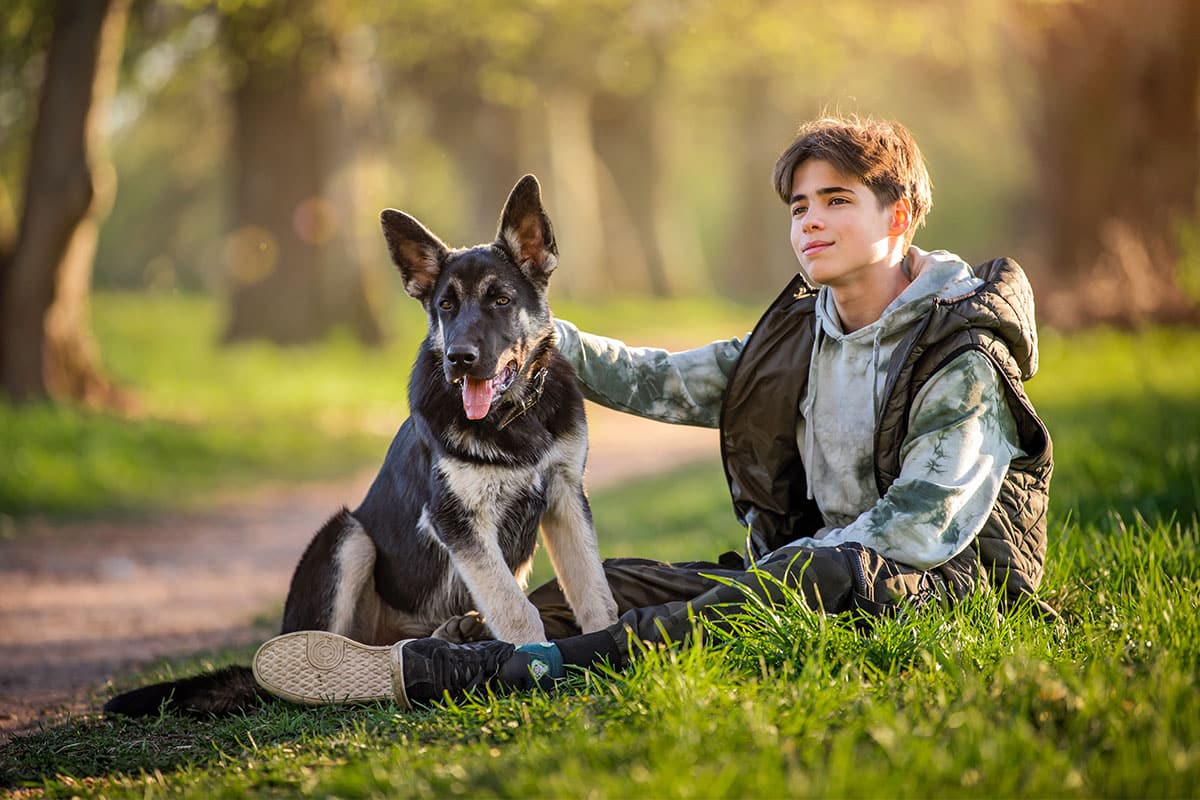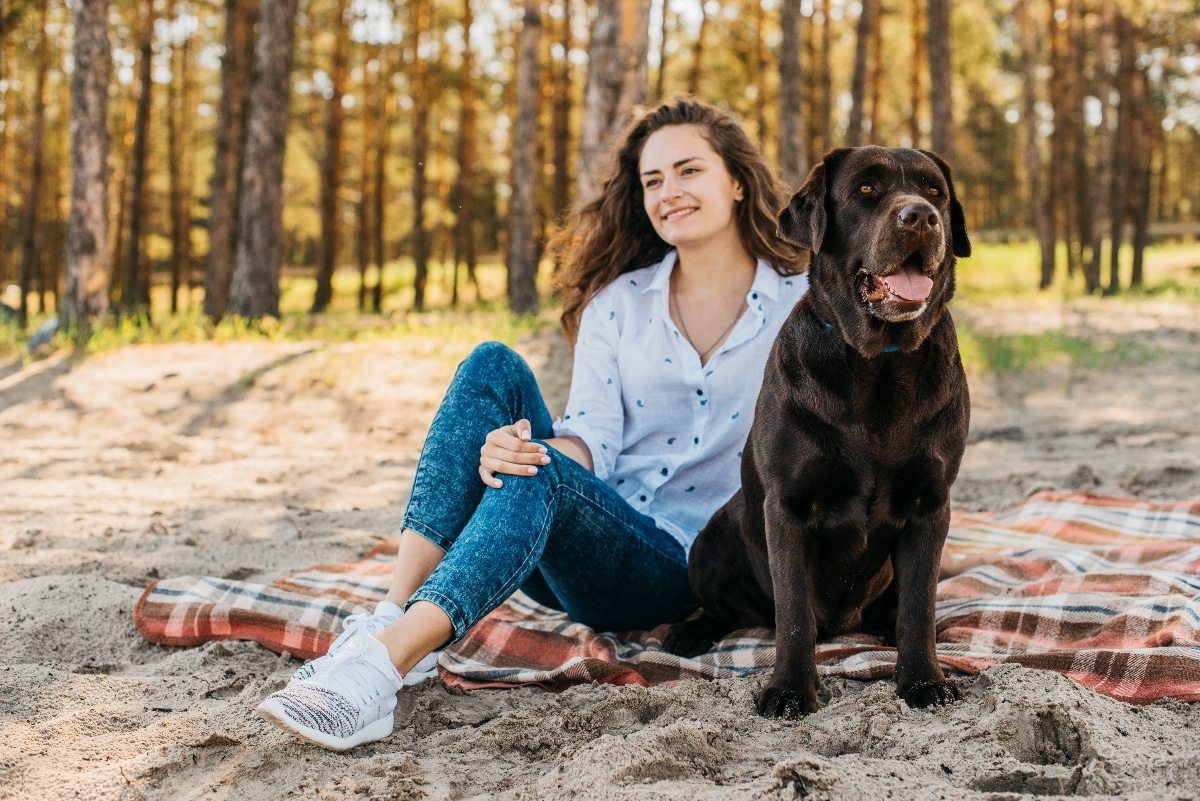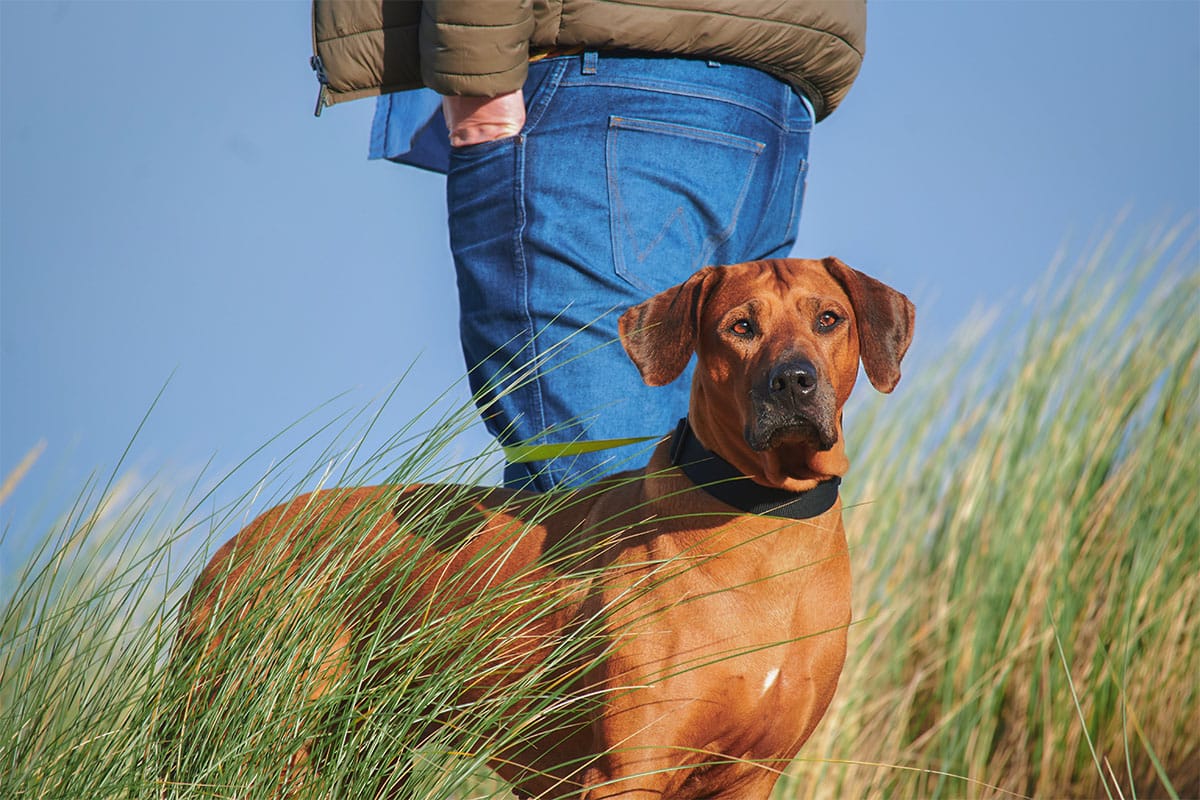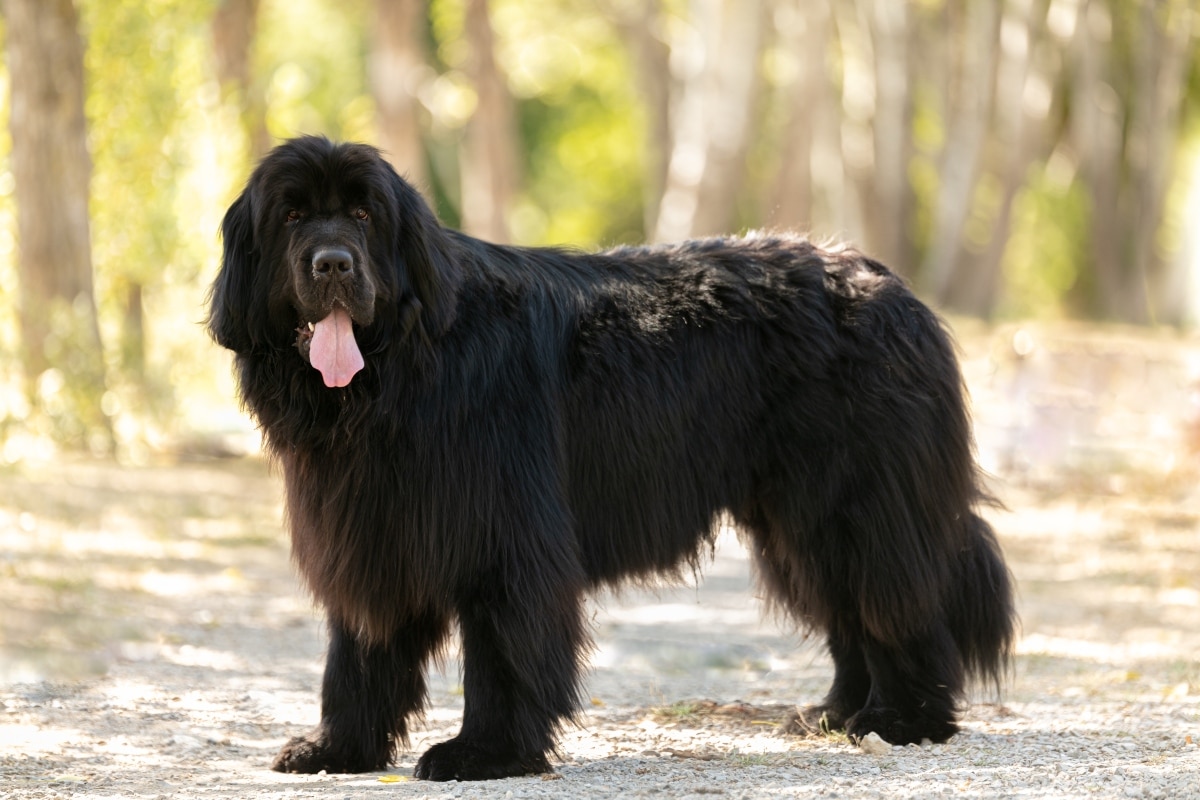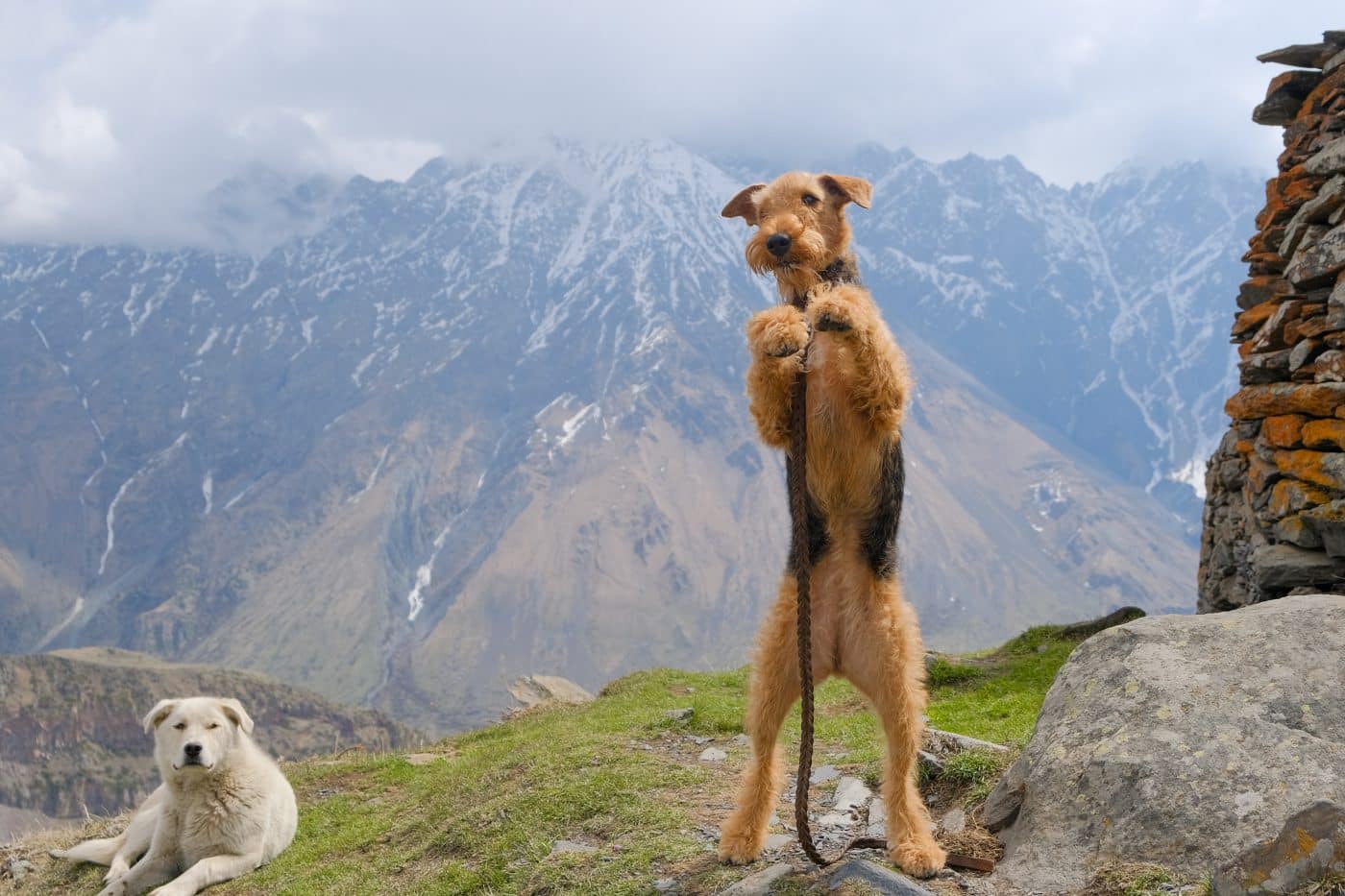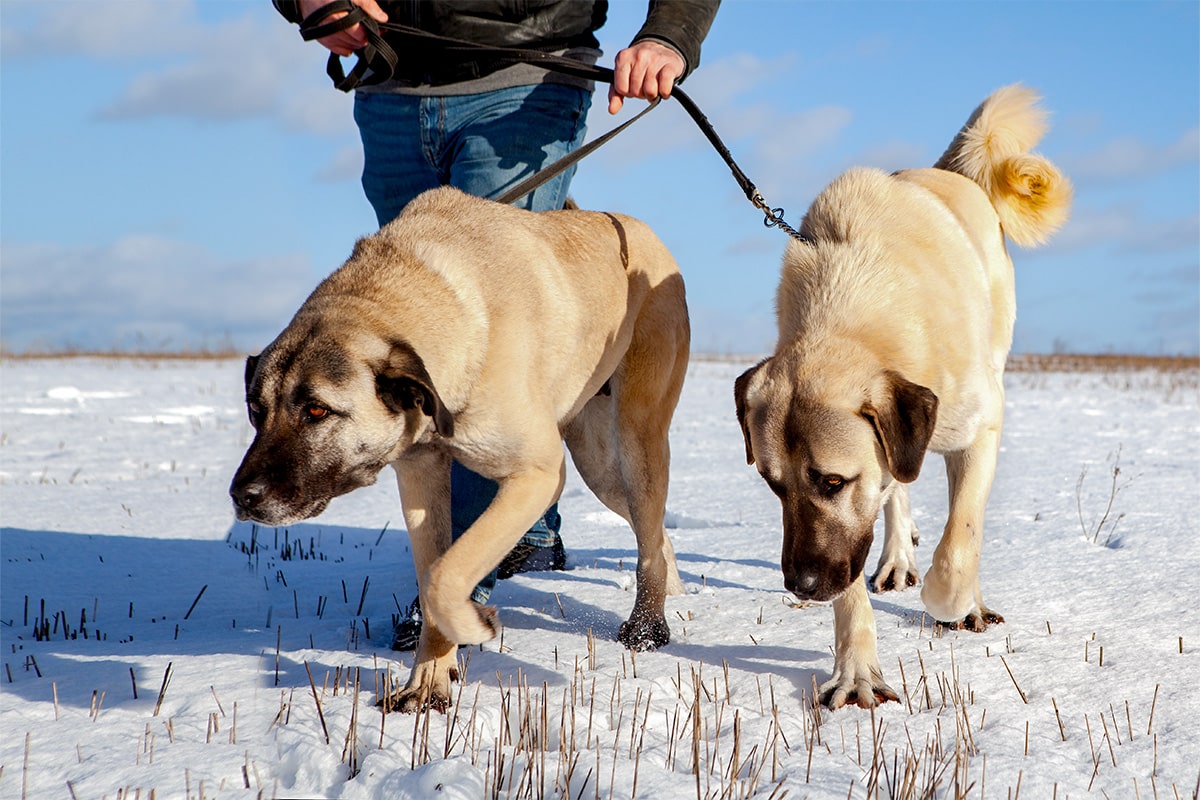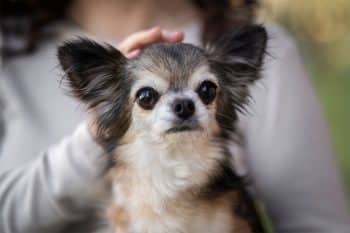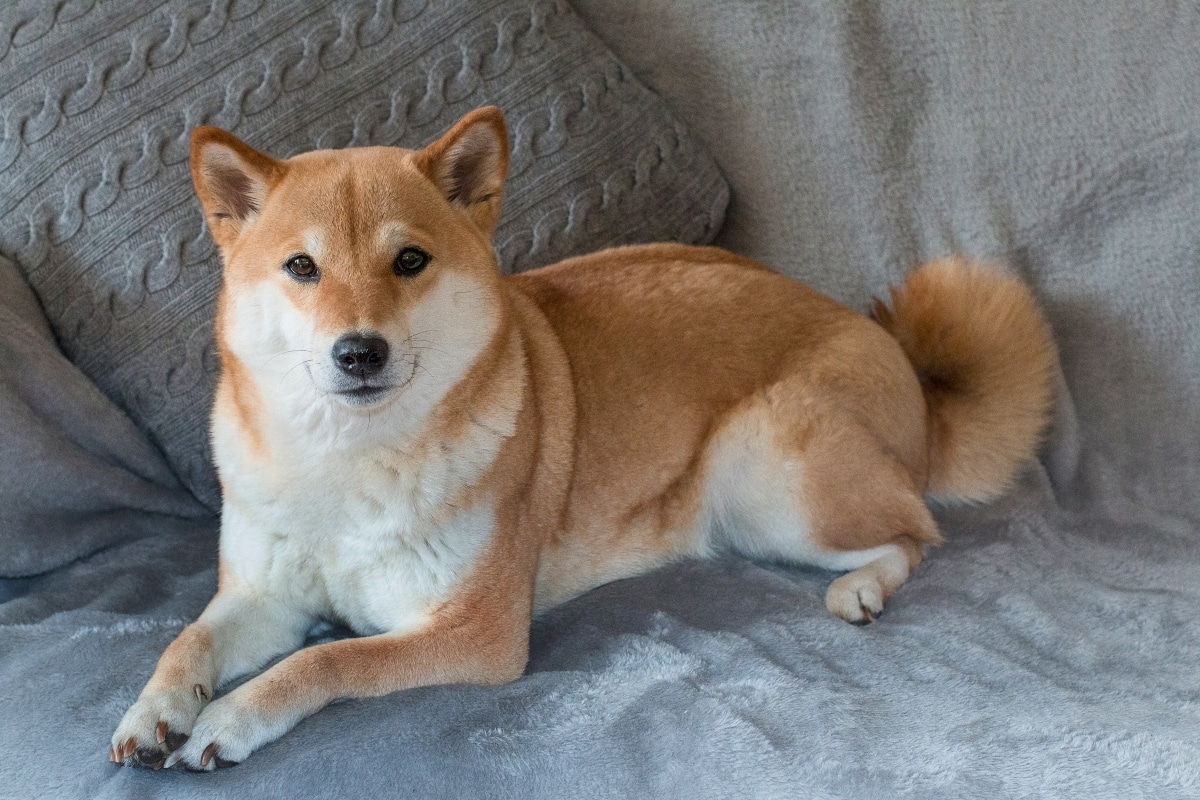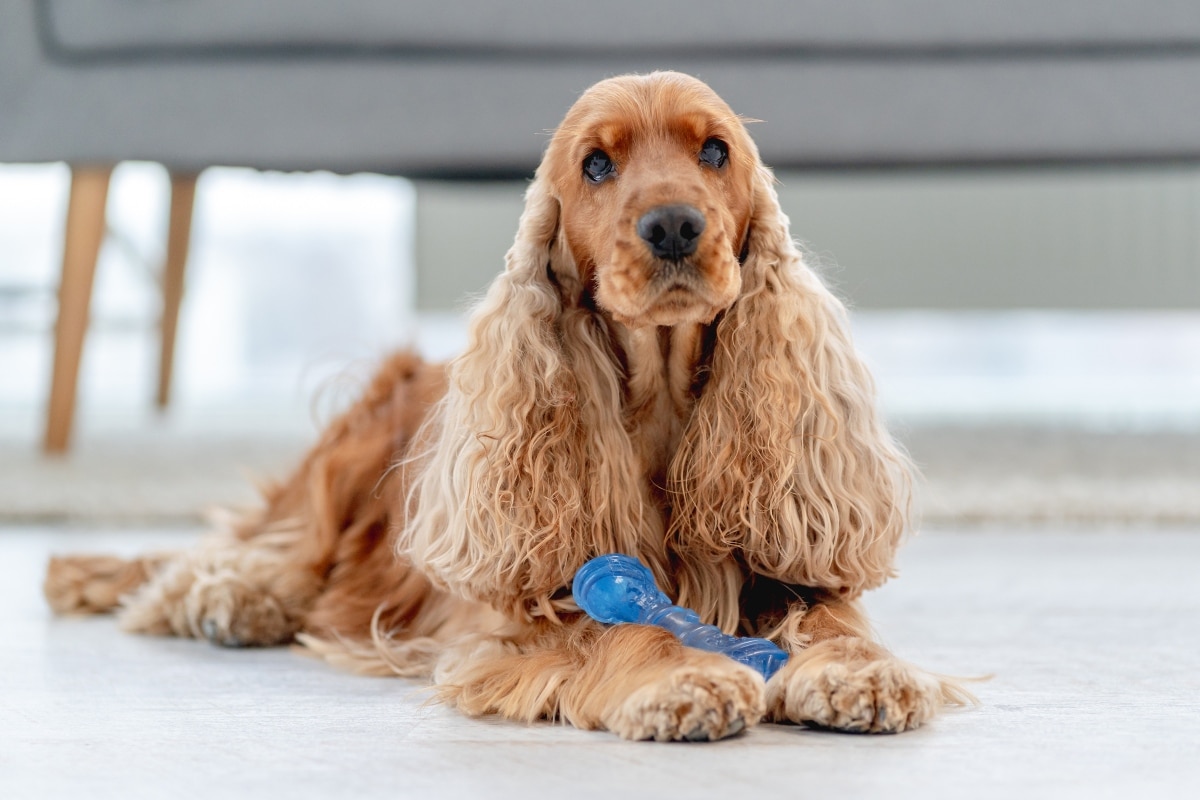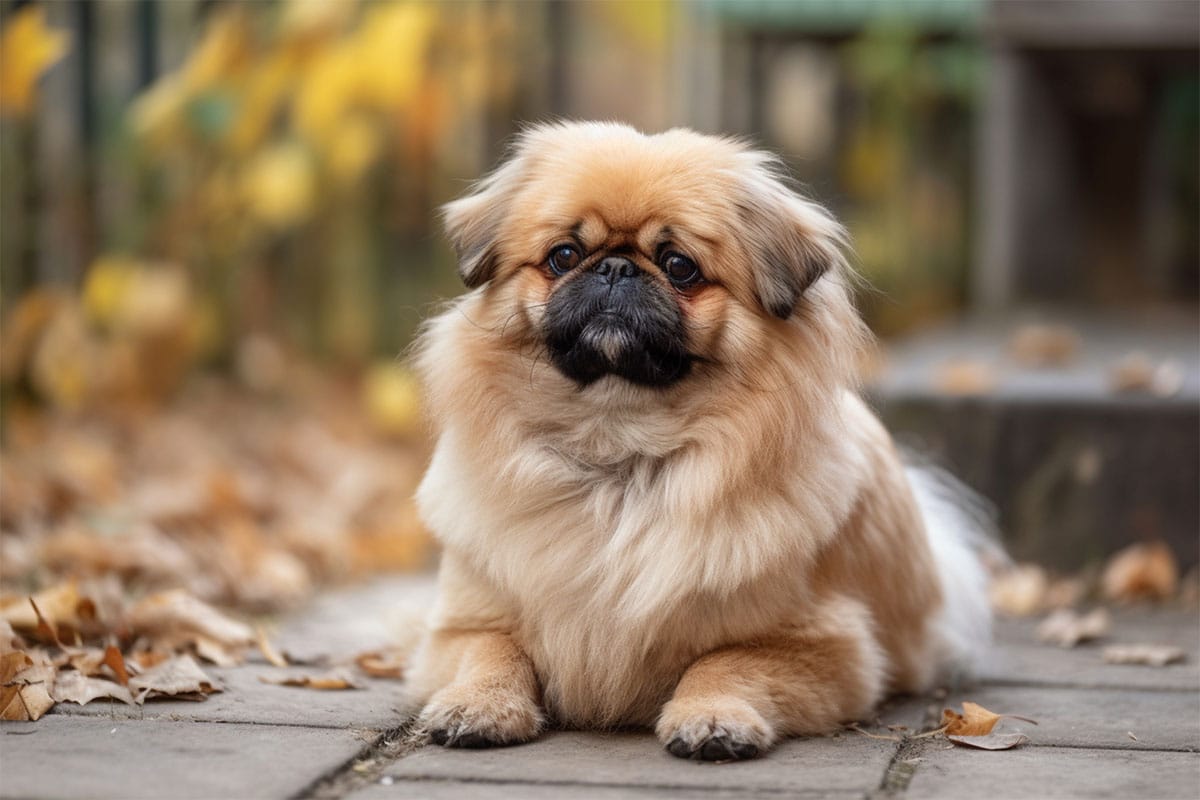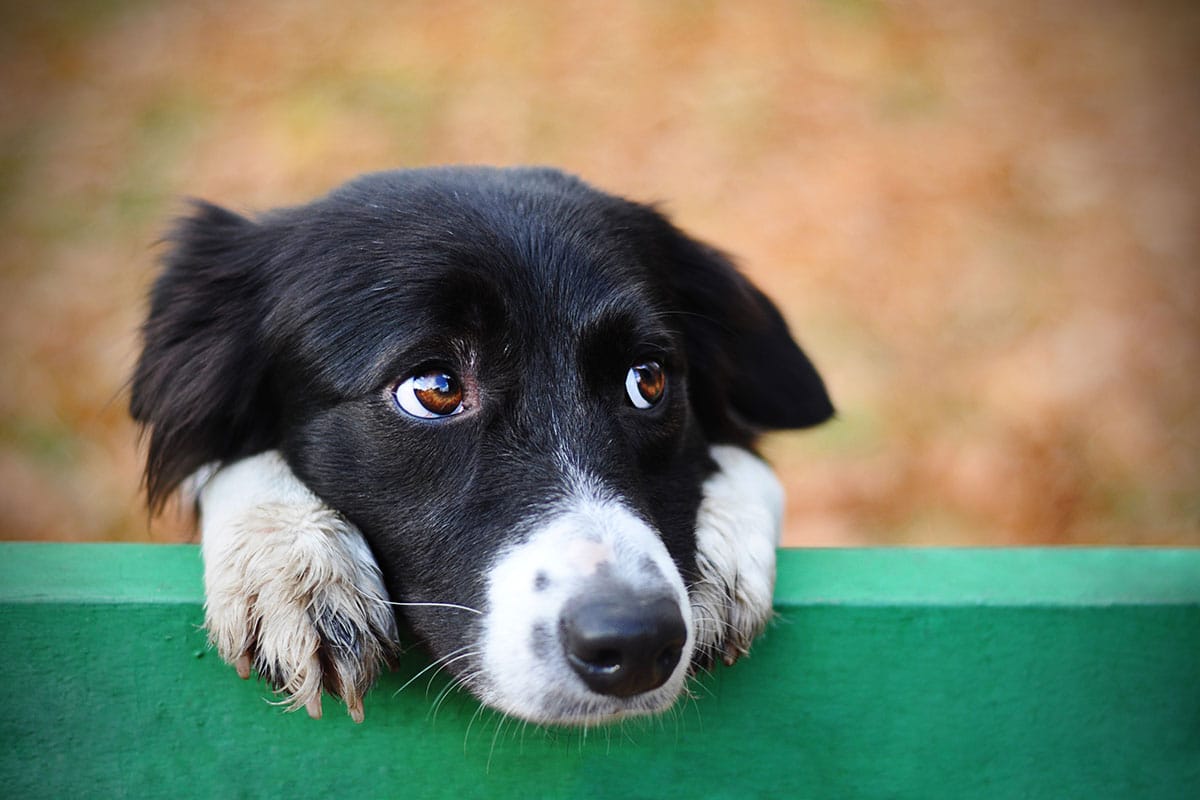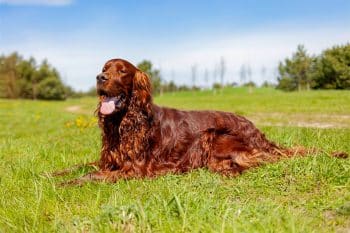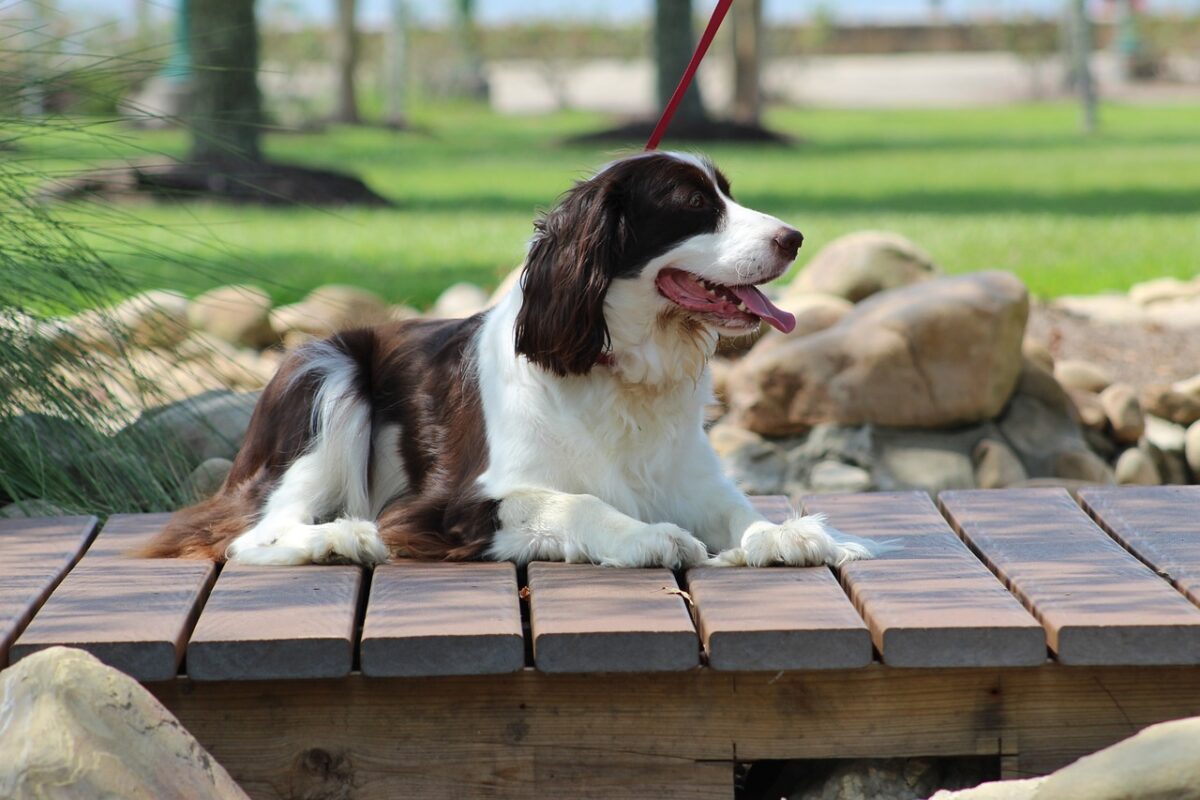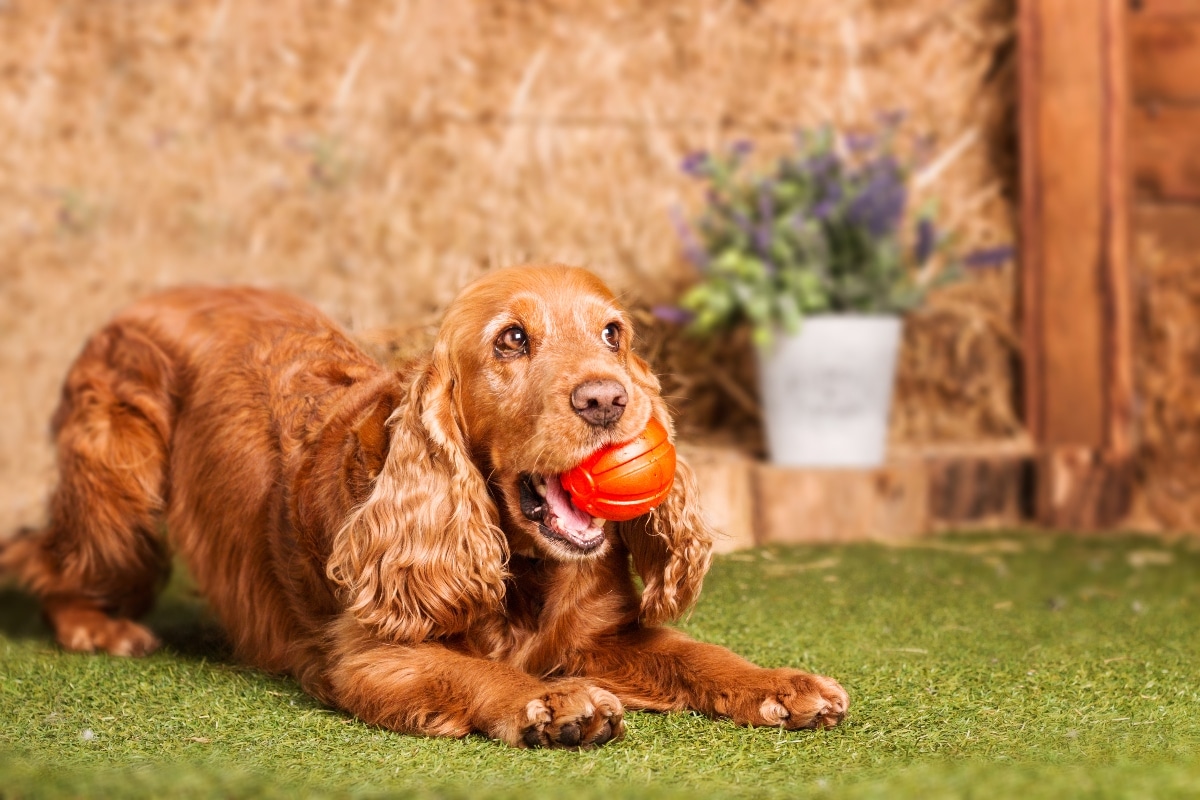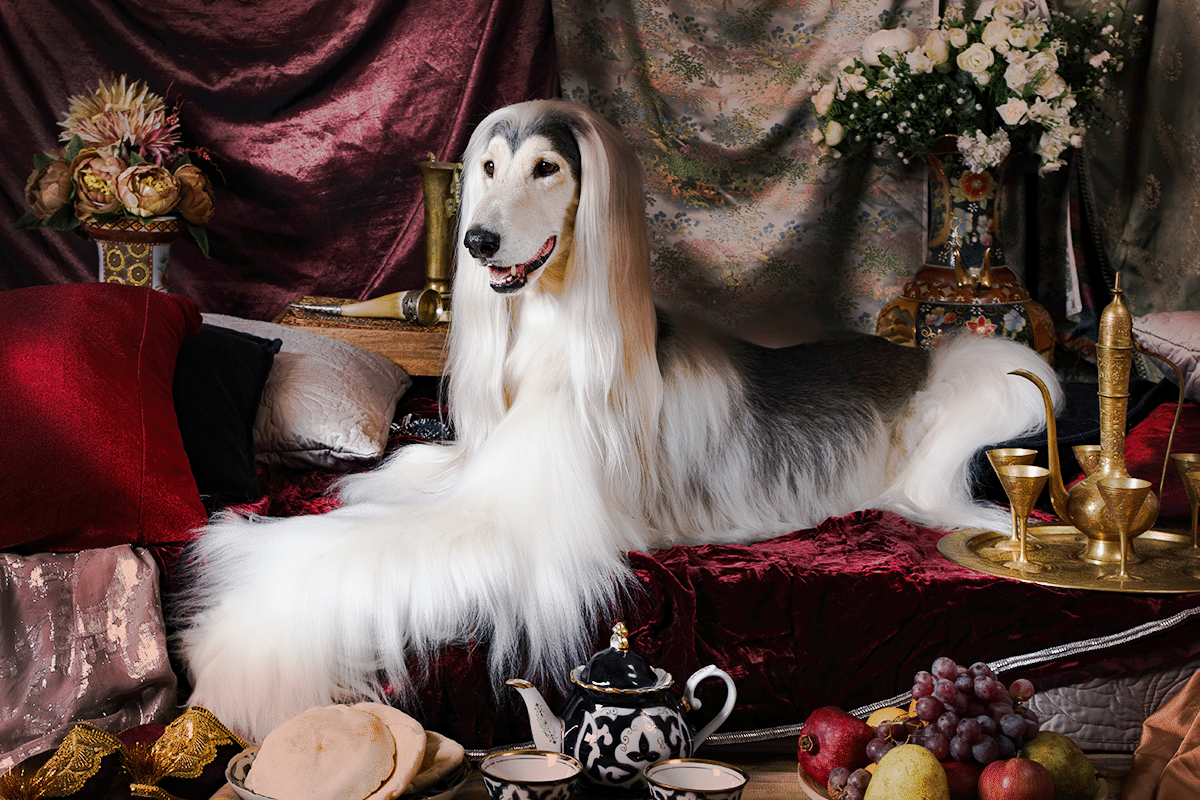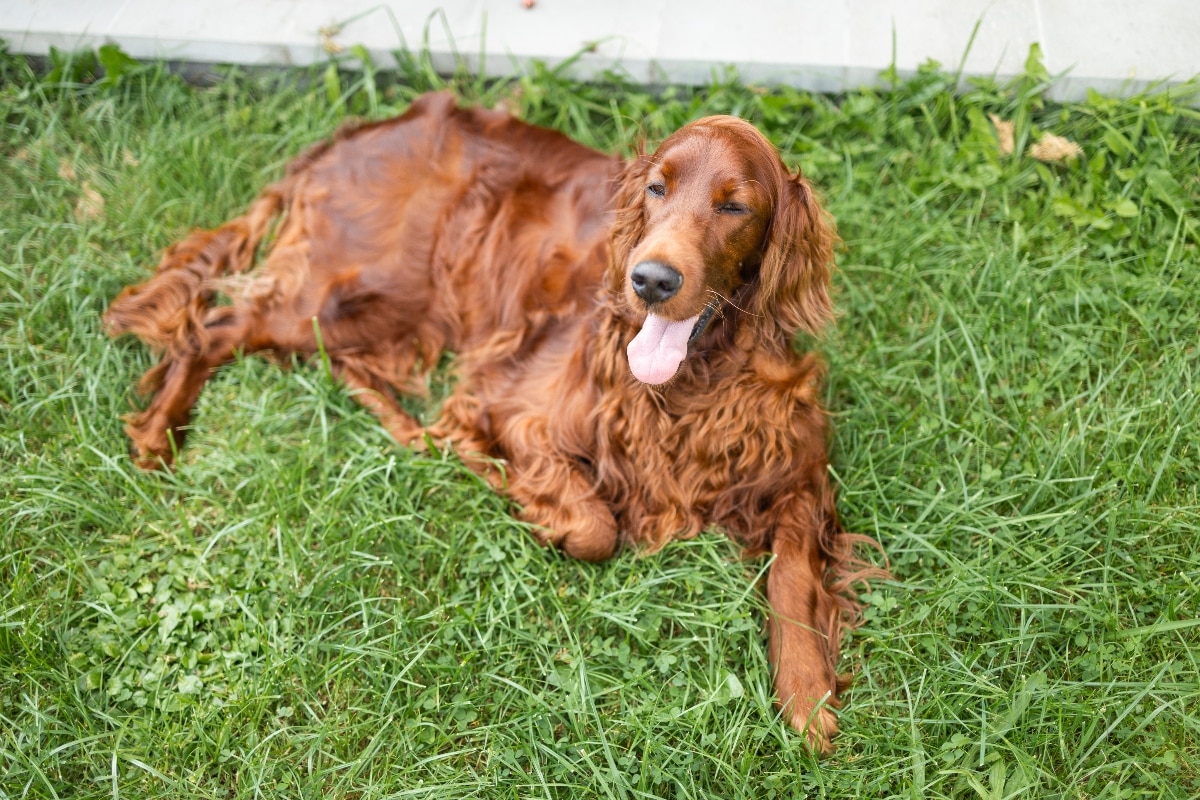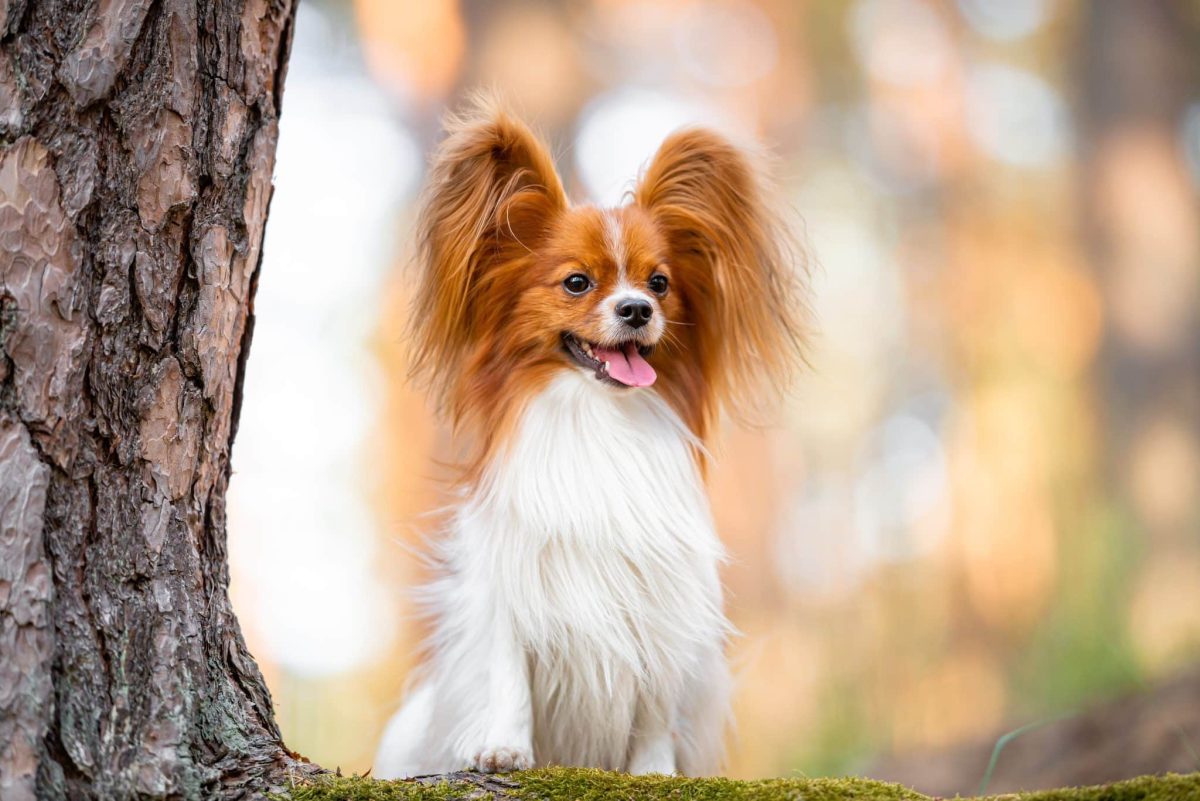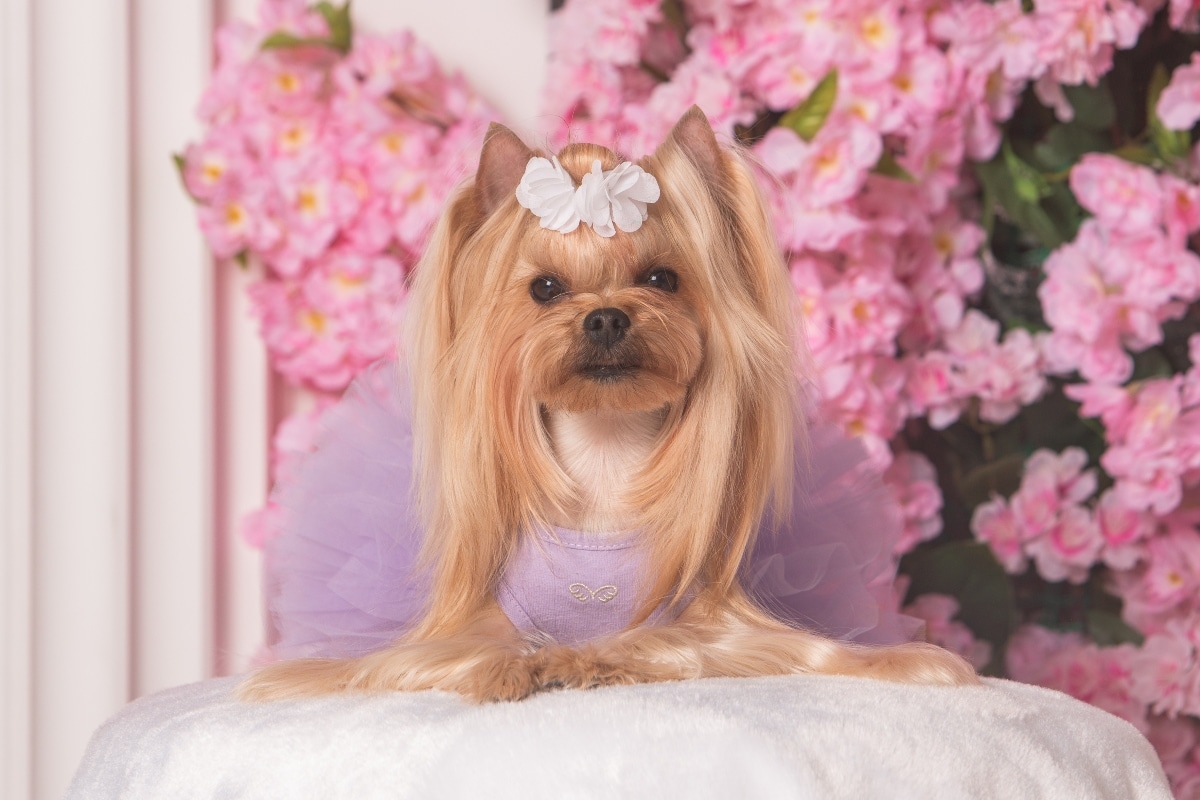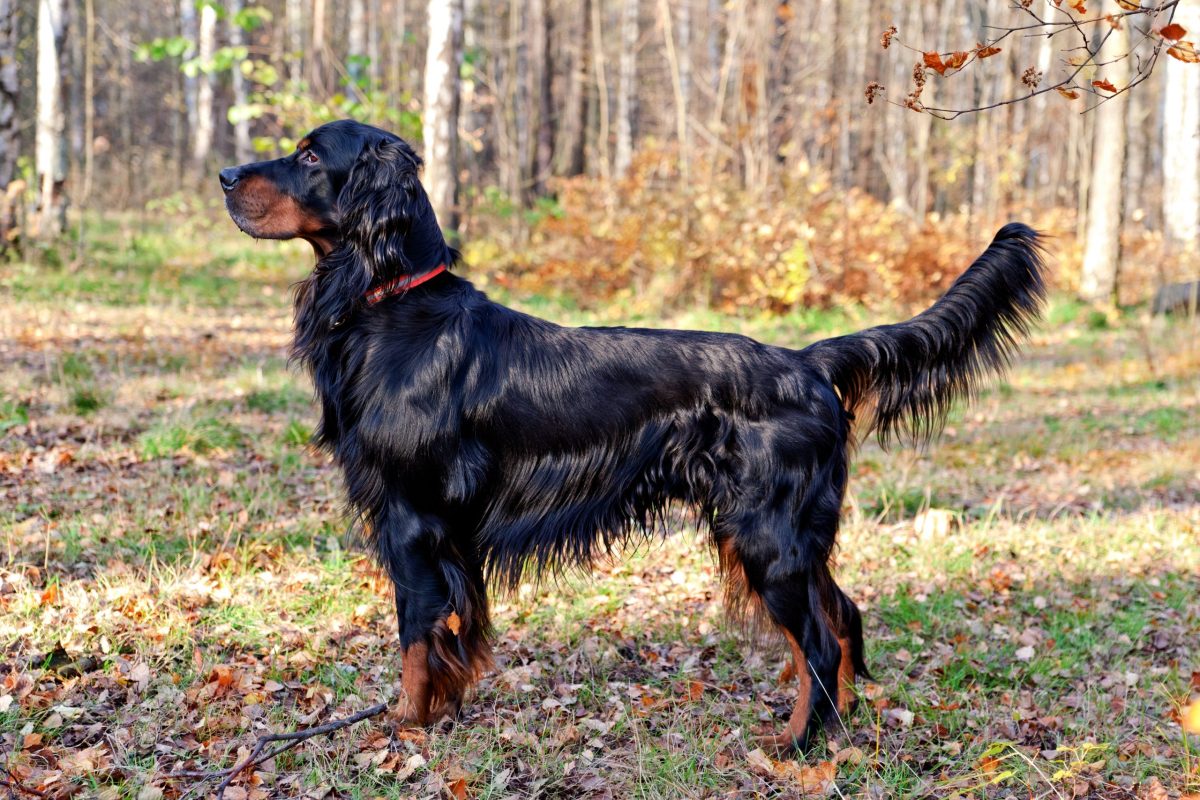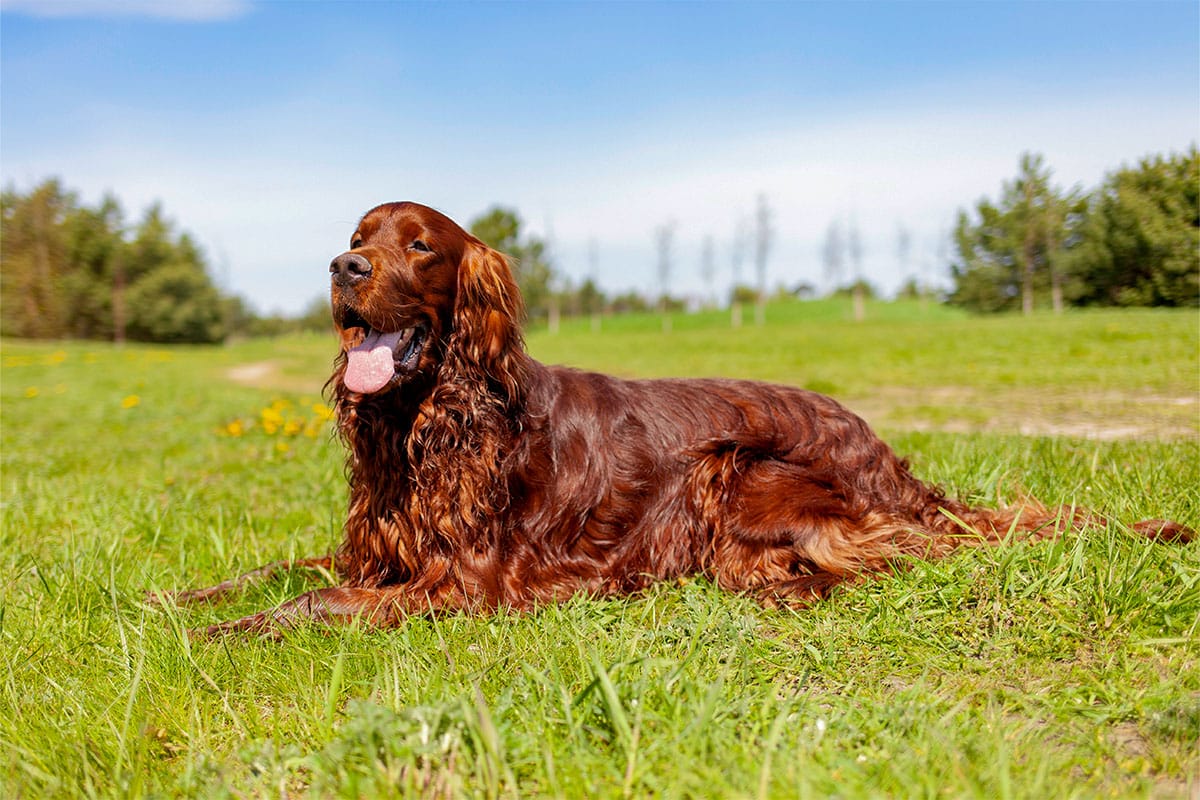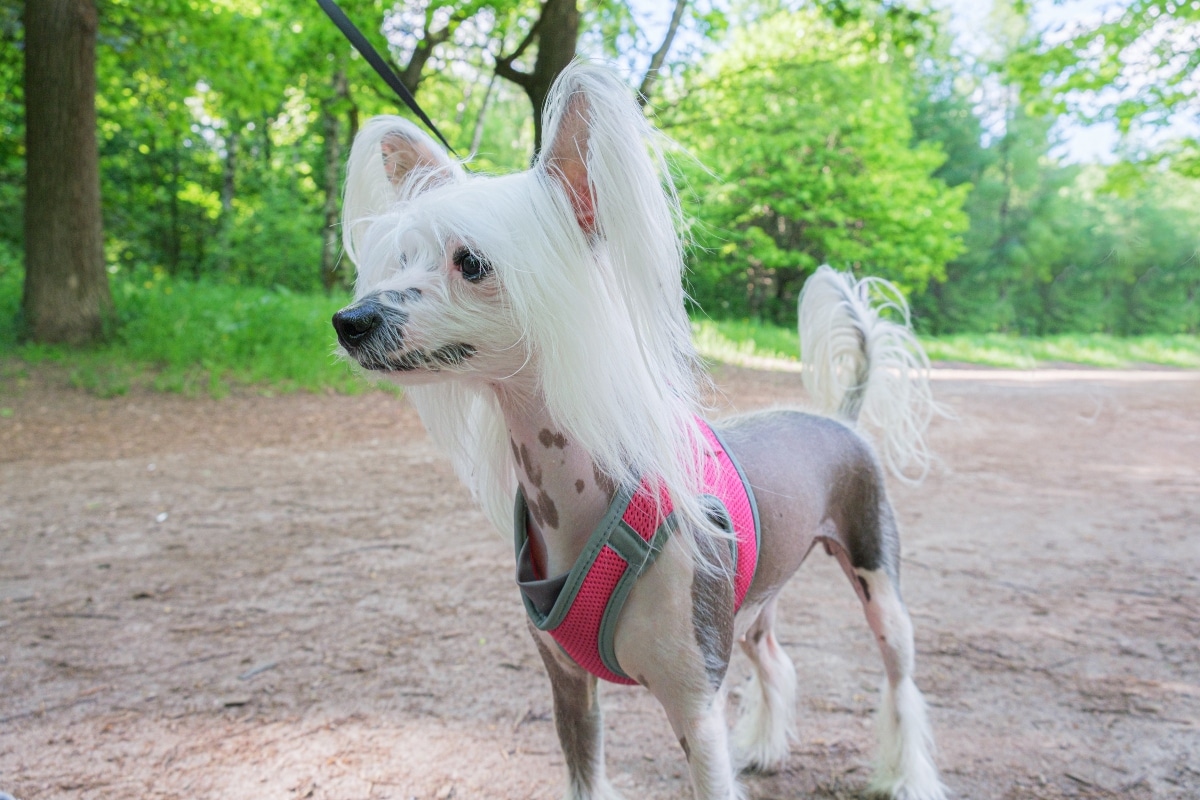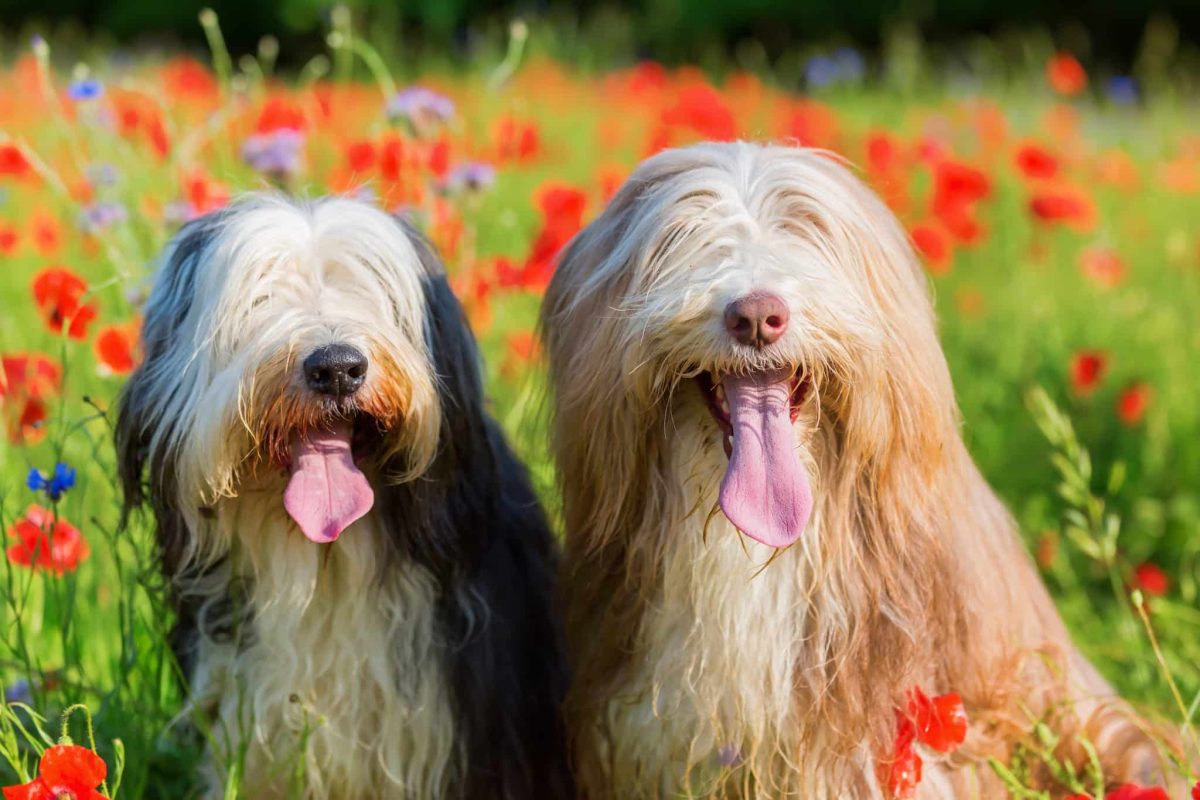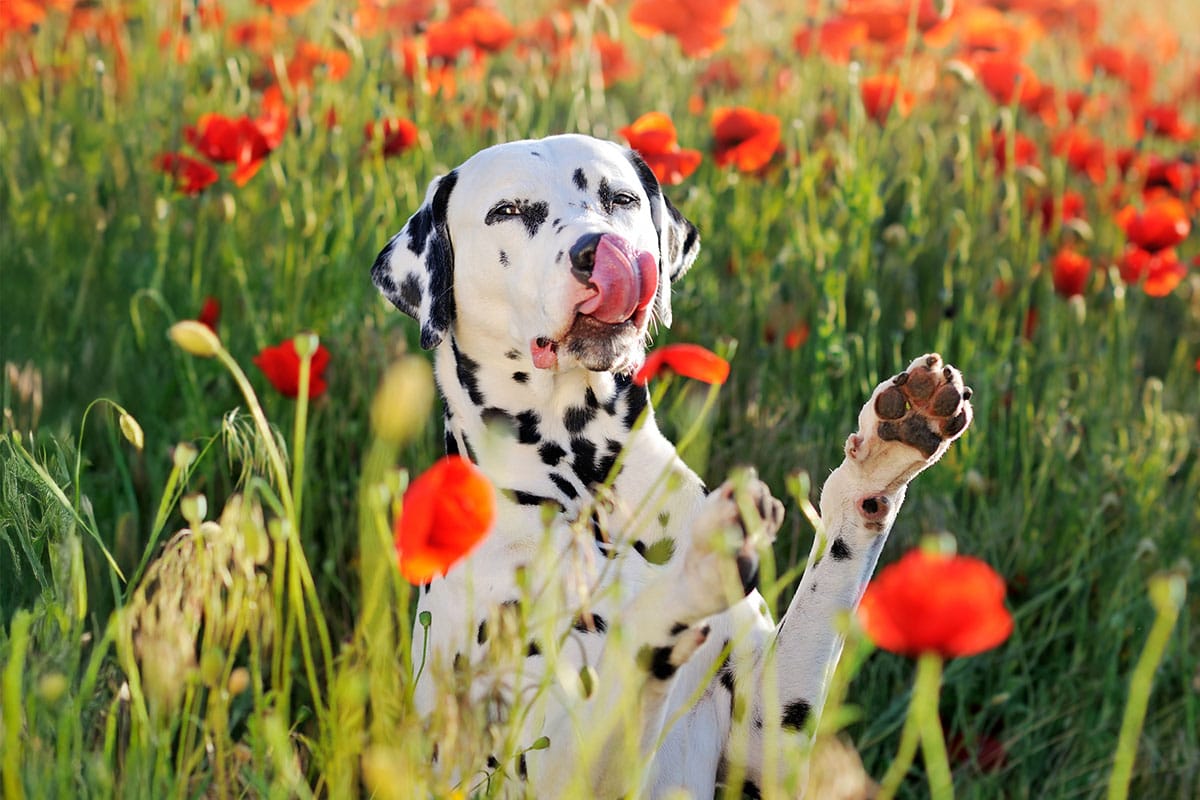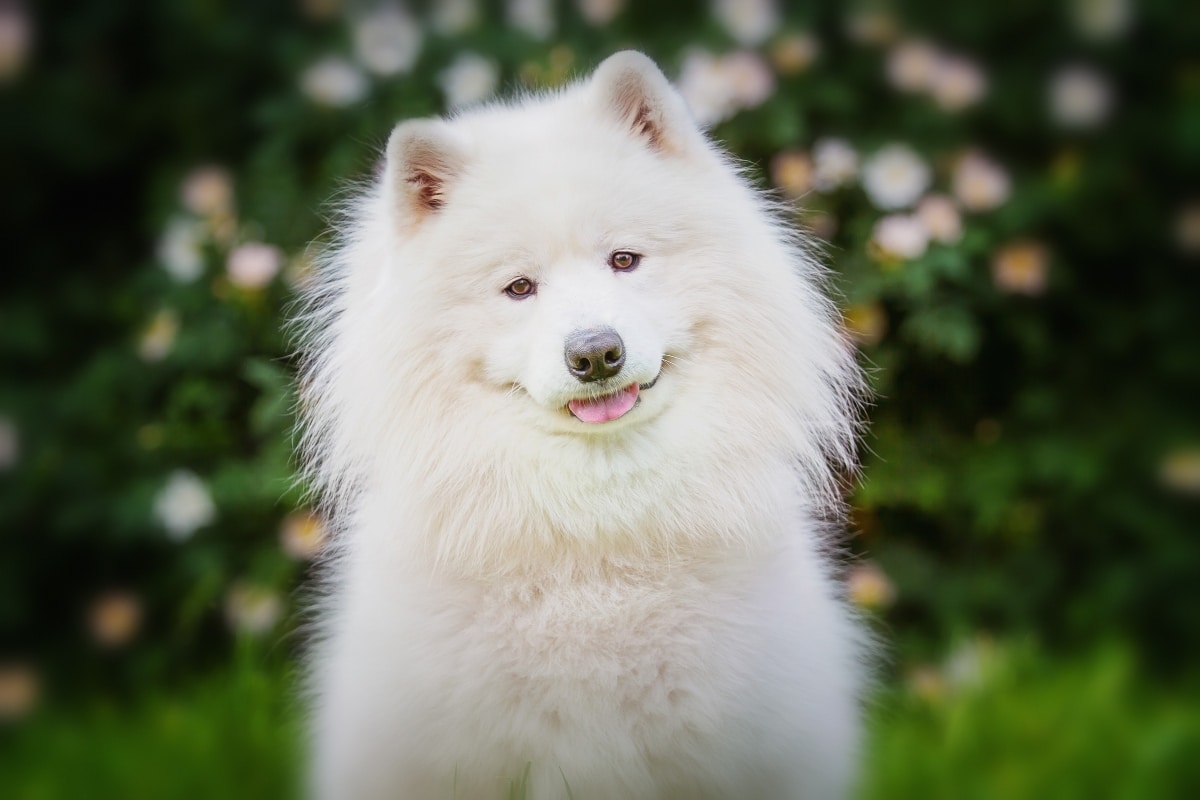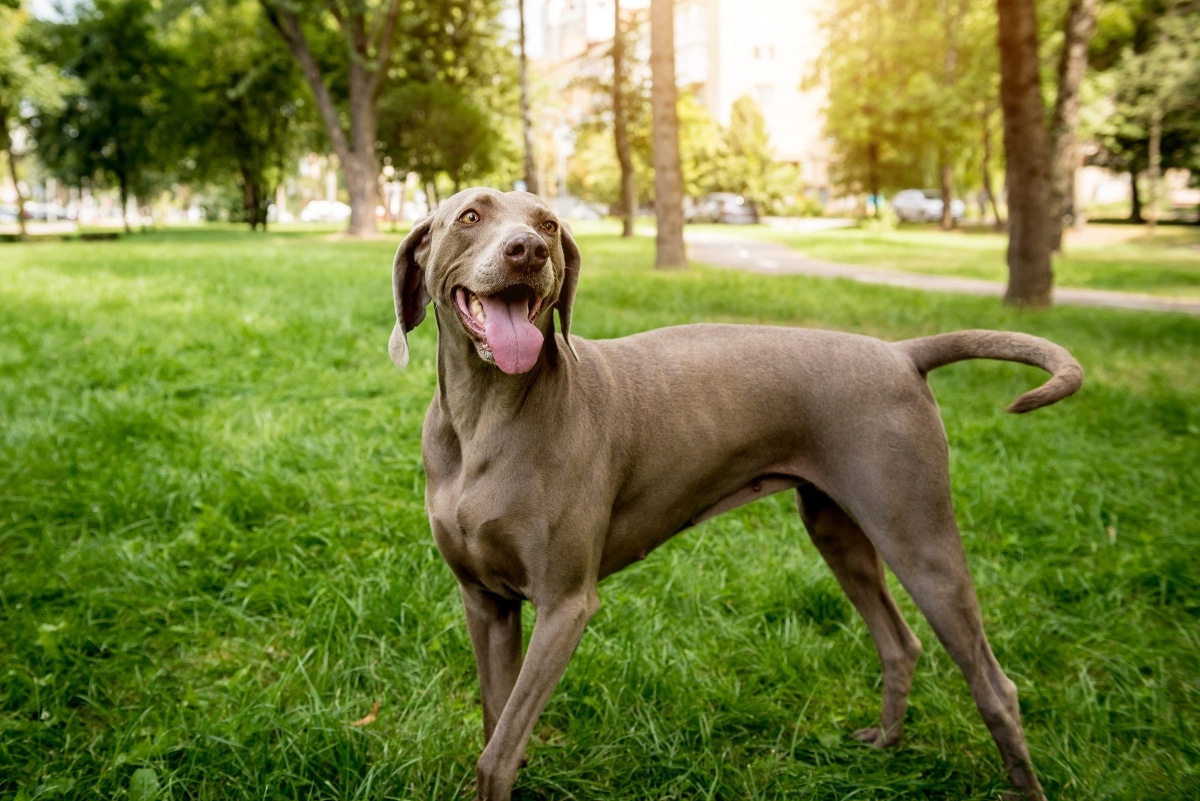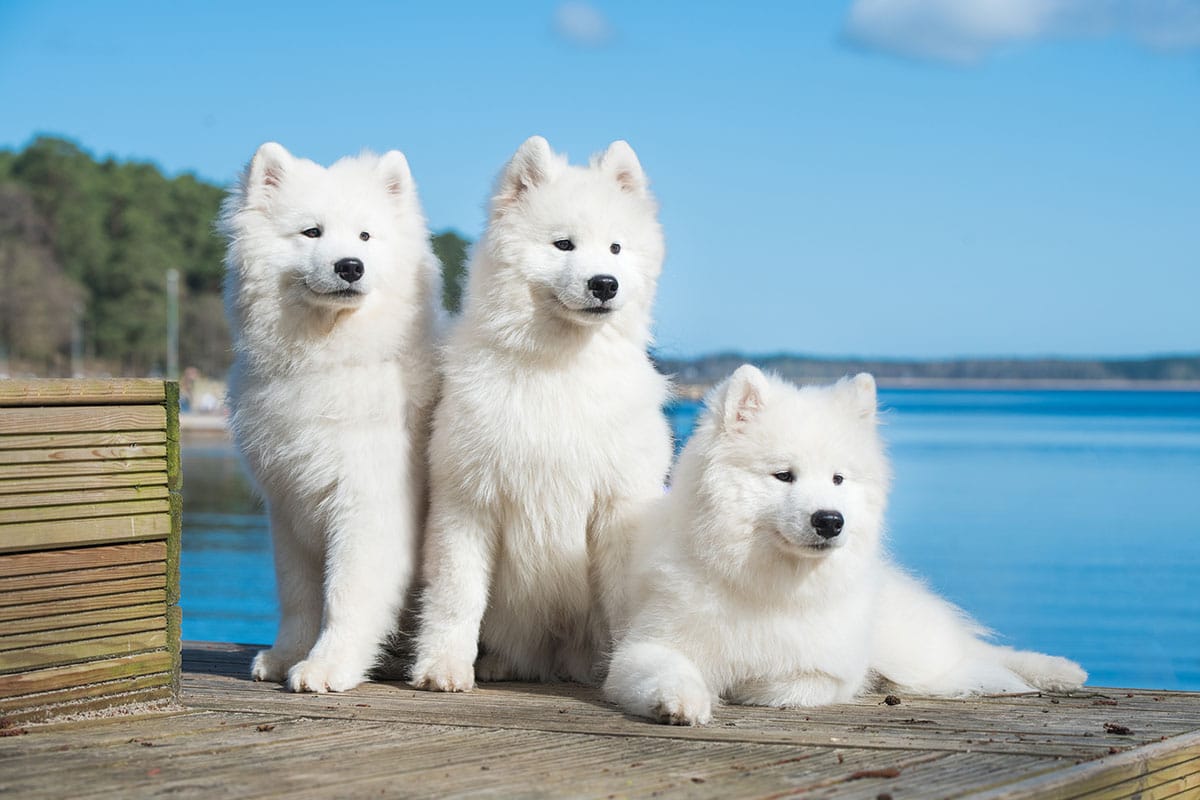Freeze-Dried Dog Food: The Ultimate Guide for Informed Dog Owners
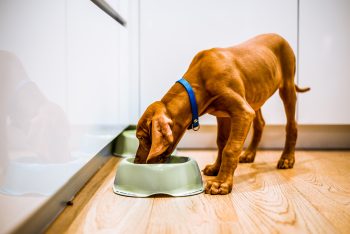
iHeartDogs is reader-supported. When you buy via links on our site, we may earn an affiliate commission at no extra cost to you.
Freeze-dried dog food has been generating quite a buzz lately in the pet food world, with many dog owners singing its praises as a revolutionary alternative to traditional kibble and wet food. This unique form of dog food offers a tantalizing blend of convenience, nutrition, and flavor that has captured the attention of health-conscious pet parents everywhere. But what exactly is freeze-dried dog food, and is it the right choice for your furry companion? Looking for recommendations on specific brands? We tested and reviewed 12 freeze dried dog food brands here.
In this comprehensive guide, we’ll delve into the ins and outs of freeze-dried dog food, exploring the freeze-drying process, its numerous benefits, potential drawbacks, and everything you need to know before making the switch. Whether you’re a seasoned dog owner seeking to optimize your pet’s diet or simply curious about this exciting new trend, this article will equip you with the knowledge to make an informed decision about whether freeze-dried dog food is the perfect fit for your four-legged friend’s nutritional needs.
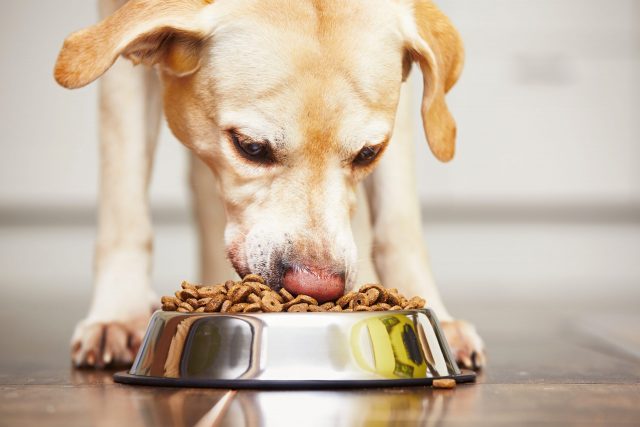
What is Freeze-Dried Dog Food?
Freeze-dried dog food starts with raw ingredients, which are then frozen and subjected to a low-pressure environment. This process removes moisture while preserving the nutritional integrity and flavor of the food. The result is a lightweight, shelf-stable product that can be rehydrated with water for a meal that many dogs find incredibly appetizing.
Why Choose Freeze-Dried Dog Food?
- Nutritional Powerhouse: Freeze-drying locks in essential vitamins, minerals, and enzymes that can be lost in traditional cooking methods. This means your dog gets the most out of each bite.
- Palatability: Many dogs go wild for the taste and texture of freeze-dried food, making it a great option for picky eaters or those needing an appetite boost.
- Minimal Processing: Unlike kibble, which often undergoes high-heat extrusion, freeze-drying is a gentler process that minimizes nutrient degradation.
- Convenience: Freeze-dried food is incredibly lightweight and easy to store, making it ideal for travel or on-the-go feeding.
Potential Drawbacks to Consider:
- Cost: Freeze-dried food tends to be more expensive than kibble.
- Preparation: While convenient overall, some brands require rehydration before feeding.
- Not All Brands Are Equal: Quality varies widely, so it’s important to choose reputable brands with high-quality ingredients.
Key Factors to Consider Before Buying:
- Ingredient Quality: Look for brands that use whole, recognizable ingredients and avoid artificial preservatives, colors, and flavors.
- Complete and Balanced: Ensure the food meets AAFCO (Association of American Feed Control Officials) standards for complete and balanced nutrition.
- Life Stage: Choose a formula appropriate for your dog’s age and activity level (puppy, adult, senior).
- Budget: Set a budget and explore options that fit within your financial means.
Learn More About Freeze-Dried Dog Food Here!
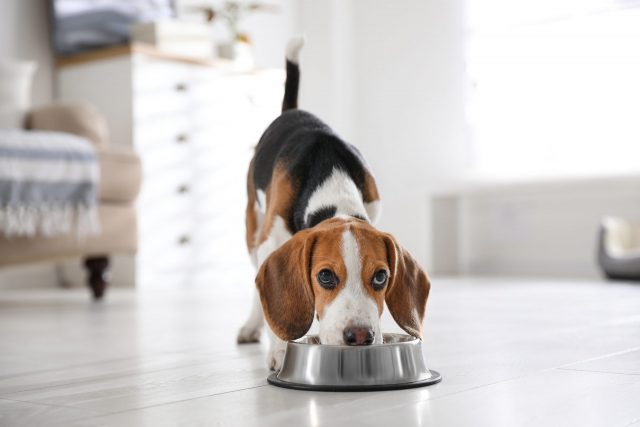
Top Recommended Freeze-Dried Dog Food Brands:
(Note: This is not an exhaustive list and brand recommendations can vary based on individual dog needs and preferences)
- iHeartDogs Nature’s Goodness: Features a vet-approved formula with high-quality freeze-dried meat as the first ingredient and no fillers. It’s designed to support overall health with added probiotics and nutrients for digestion, skin, coat, and immunity. Plus, every purchase helps feeds shelter dogs!
- Stella & Chewy’s: Known for their high-quality raw ingredients and wide variety of formulas.
- Primal Pet Foods: Offers both freeze-dried and raw frozen options with a focus on ethically sourced ingredients.
- Northwest Naturals: Provides single-protein formulas for dogs with allergies or sensitivities.
- Open Farm: Focuses on sustainable and transparent sourcing of their ingredients.
How to Incorporate Freeze-Dried Food into Your Dog’s Diet:
- As a Complete Meal: Follow feeding guidelines on the package and rehydrate with water if necessary.
- As a Topper: Crumble over kibble to enhance flavor and nutrition.
- As a Treat: Break into smaller pieces for training or rewards.
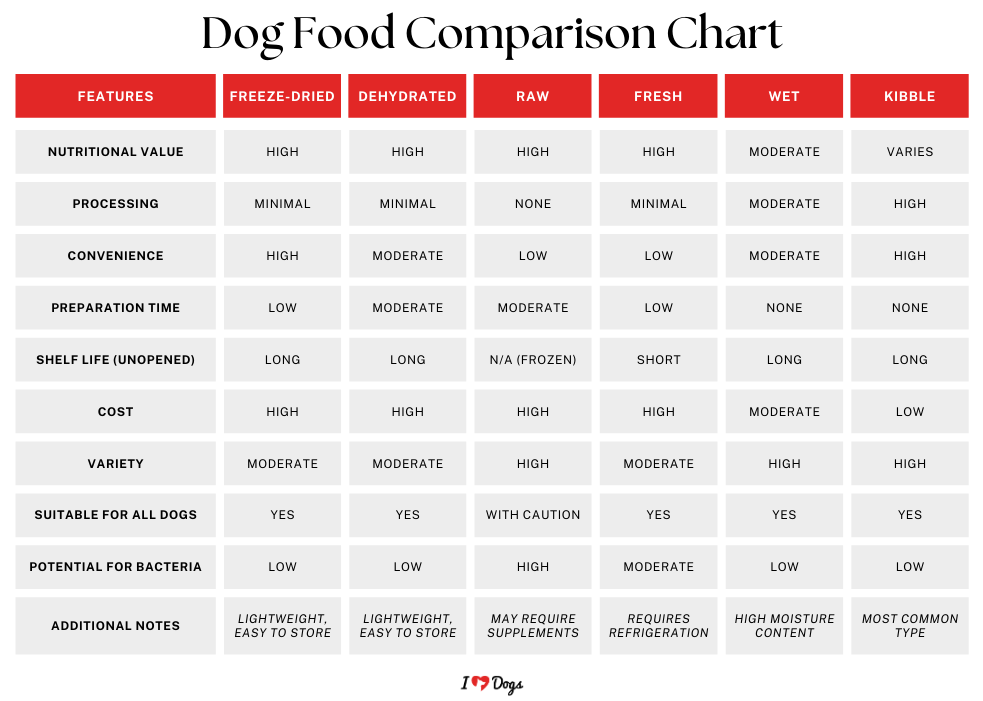
FAQs about Freeze-Dried Dog Food:
- Is freeze-dried food safe for puppies?
Yes, but choose a formula specifically designed for puppies to meet their nutritional needs. - Can I mix freeze-dried food with kibble?
Absolutely! This is a great way to transition your dog or add variety to their diet. - How do I store freeze-dried food?
Store in a cool, dry place away from direct sunlight to maintain freshness. - Is freeze-dried food a raw diet?
Technically, yes. While the moisture has been removed, the food hasn’t been cooked, retaining its raw properties. - Do I need to supplement my dog’s diet if I feed them freeze-dried food?
Most complete and balanced freeze-dried foods provide comprehensive nutrition, but it’s always wise to consult your vet for personalized recommendations. - Is freeze-dried food suitable for dogs with allergies?
Yes, many brands offer single-protein or limited-ingredient formulas ideal for dogs with sensitivities. Check the ingredient list carefully and choose a protein source your dog tolerates well. - How long does freeze-dried food last?
Unopened bags can last for months or even years, depending on the brand and storage conditions. Once opened, it’s best to use it within a few weeks to ensure optimal freshness and nutritional value. - Can I use freeze-dried food for training treats?
Absolutely! Many dogs find freeze-dried food highly motivating, making it a perfect training reward. Break it into smaller pieces for easy consumption. - Is freeze-dried food messy to feed?
Compared to wet food, it’s much less messy. However, some crumbs or powder may be left behind, especially if the food is not fully rehydrated.
Is Freeze-Dried Dog Food Right for Your Dog?
The best way to decide is to consult with your veterinarian. They can assess your dog’s individual needs and dietary requirements to determine if freeze-dried food is a good fit. With careful consideration and a focus on quality, you can make an informed choice to nourish your beloved pet with this convenient and nutritious option.
The post Freeze-Dried Dog Food: The Ultimate Guide for Informed Dog Owners appeared first on iHeartDogs.com.
via Whisker Therapy
